Love-hate relationships, where two individuals oscillate between intense love and intense hate for each other, can have a significant impact on children who are exposed to them. Such relationships can hurt children in several ways:
-
Emotional Instability: Children exposed to love-hate relationships often experience emotional instability, as they witness their parents or caregivers swing between intense displays of love and anger. This can create confusion, anxiety, and insecurity in the child, who may struggle to understand how to navigate their own emotions in response.
-
Lack of Stability: Love-hate relationships are often marked by frequent arguments, conflicts, and tension. This can make the home environment chaotic and unpredictable for the child, who may struggle to find stability and consistency in their daily lives.
-
Modeling Unhealthy Relationships: Children learn from the relationships around them, and exposure to a love-hate relationship can normalize unhealthy dynamics. This can lead to a cycle of similar relationships for the child as they grow up, repeating the same pattern they witnessed in their parents or caregivers.
-
Involvement in Conflict: Children may get caught in the middle of love-hate relationships, forced to choose sides or bear witness to arguments and conflicts. This can be traumatic for the child, who may feel responsible for the situation or become embroiled in the conflict themselves.
-
Long-term Effects: Exposure to love-hate relationships in childhood can have long-term effects on a child’s emotional well-being, relationships, and ability to regulate their emotions. Children may struggle with trust, communication, and emotional intimacy in their future relationships as a result of their experiences.
Overall, love-hate relationships can have a significant negative impact on children, highlighting the importance of healthy, stable, and consistent relationships for their emotional and social development.

